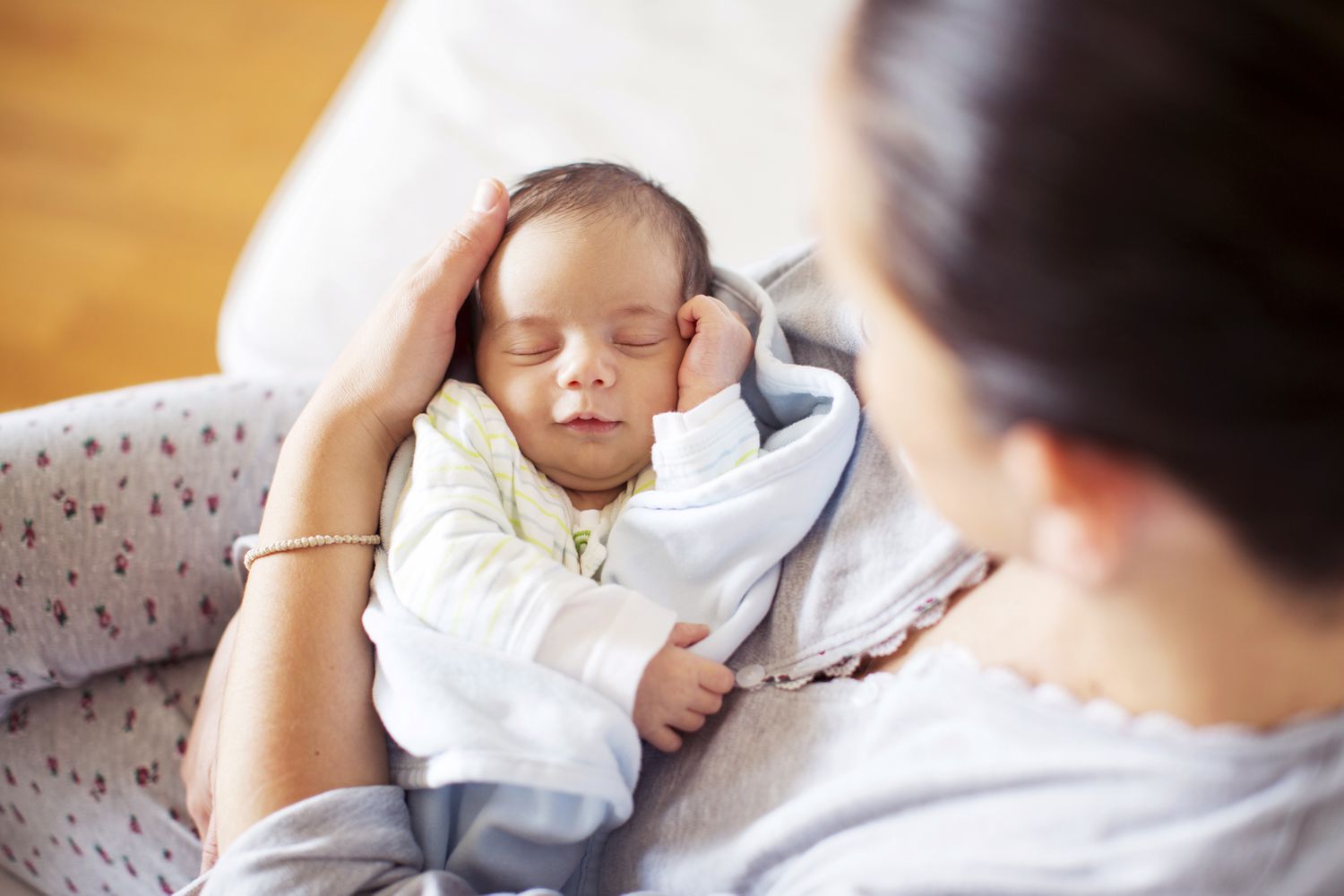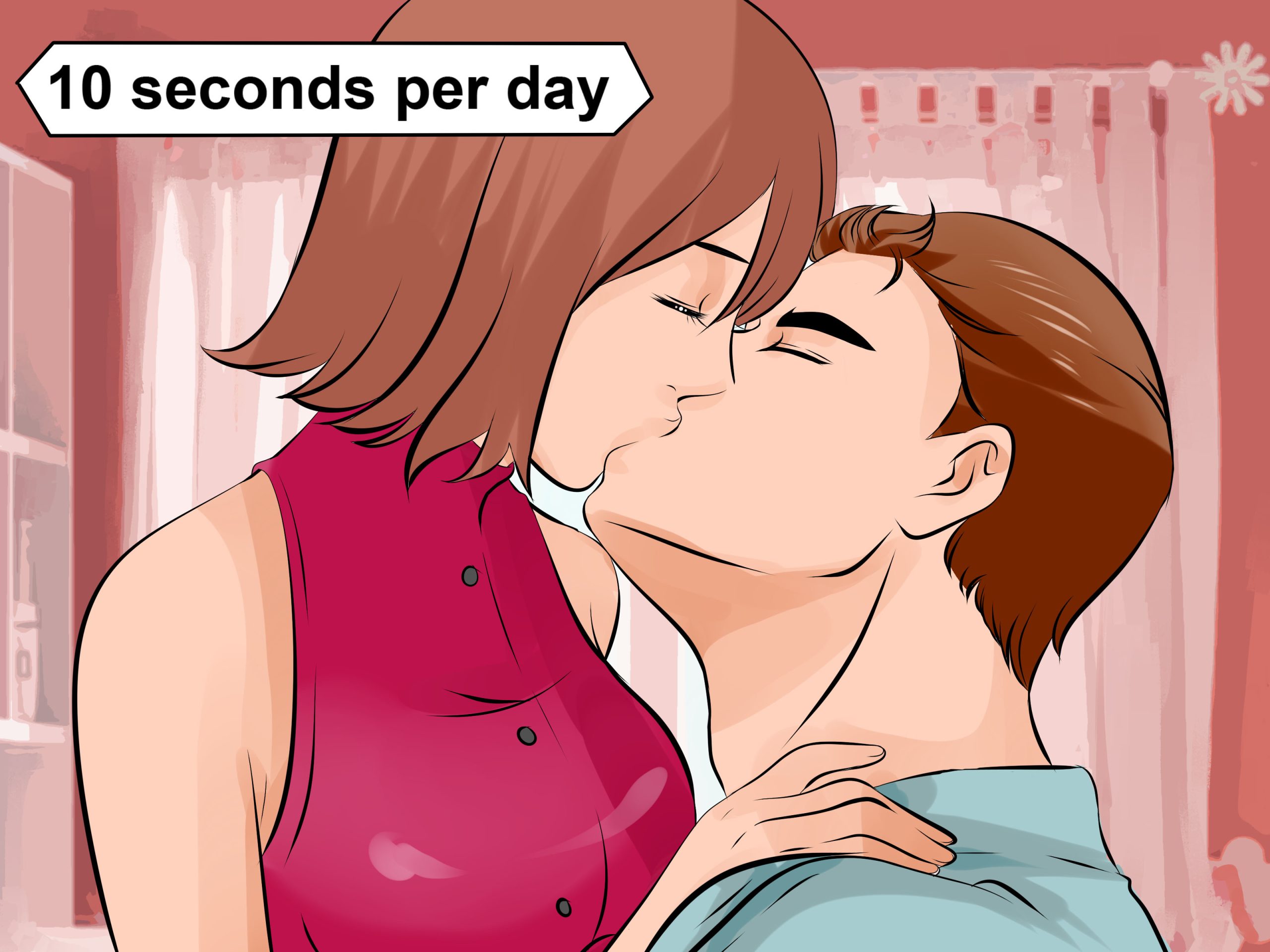Physical care of a mother after child delivery
Physical care of a mother after child delivery is most important to mom and child.
Blocked or Plugged Ducts
A blocked or plugged duct is a small lump in the breast that is tender and may be slightly reddened. These are felt as pea-size lumps under the skin and in the substance of the breast and are sore to the touch.
Menstrual Cycle
Following the birth of your baby, your first menstrual period may be delayed if you are breastfeeding. Most women will experience their first period within seven to nine weeks after birth. However, breastfeeding mothers frequently resume menstrual periods by 12 weeks, but some do not until they have completed breastfeeding. Usually, the first period after your baby’s birth will have a heavier flow and last longer than usual. Menstrual periods may not be regular for several months. Avoid tampons for 4-6 weeks or until cleared by a doctor.
Peri-care
Use either the plastic squeeze bottle (peri-bottle) that the hospital gave you or a hand-held shower wand to rinse your bottom with clear, lukewarm water two to three times daily and each time after you urinate or have a bowel movement. To avoid infection, change your sanitary pads each time you use the bathroom. Use toilet paper in a patting motion to dry your bottom from front to back.
Tub Baths / Sitz Baths
Warm tub baths and/or sitz baths help decrease pain as well as clean and heal the area around the episiotomy. Soak in a clean tub of warm water for 15 to 20 minutes, two or three times each day.
Hot or Cold Compresses and Sprays or Ointments
Hot or cold compresses, which put light pressure on the area and help with discomfort and swelling, and the occasional use of antiseptic sprays or ointments prescribed by your doctor, may also relieve pain.
Urination
The bladder may be weak after birth. Attempt to urinate every three to four hours. Kegel exercises (pelvic floor exercises) may help strengthen your bladder control, speed healing and help muscles return to normal. For instructions on how to perform Kegel exercises.
Use your plastic peri-bottle to rinse your bottom after urinating until you no longer have a vaginal discharge or flow. Always pat or wipe your bottom from the front to the back to prevent spreading bacteria from your rectum to your vagina.
You should drink enough fluid to satisfy your thirst. Avoid soft drinks and beverages that contain caffeine. Water is the best choice.
Call your doctor if you have any problems urinating. These problems may include pain or burning when you urinate; needing to urinate more often than usual; urinating in small amounts; or having urine that looks cloudy or smells bad.
Bowel Movements
After delivery, many women have trouble having or cannot have a bowel movement. This is called constipation. Hormones, medications, dehydration, perineal pain and decreased physical activity may slow down your bowel function. The first bowel movement usually occurs within two to three days following your delivery. Temporary constipation is not harmful, although it can cause a feeling of fullness and gas. Progressive daily exercise (such as walking) and eating right will help prevent constipation. Your daily diet should include six to eight glasses of fluids (not soft drinks) and dietary fiber — including fresh vegetables, fruits and whole grain breads, cereals and pastas. While in the hospital, you will be given medication to help stool move through the body more easily. You will be instructed to continue the medication at home, as needed.
Sexual Relations
You should not have sexual intercourse until after you receive your doctor’s approval at your checkup in four to six weeks. You may not be as interested in having sex as you were before pregnancy because of fatigue and the demands of caring for your new baby. You may also have concerns about discomfort if you had a tear, episiotomy or a C-section. Discuss your concerns about resuming sex with your partner so there will be minimal frustrations and misunderstandings.
You may have pain during sexual intercourse for several weeks. Vaginal dryness and decreased vaginal lubrication may also occur due to hormone changes. If you experience difficulty with sexual intercourse, always discuss it with your partner. Set aside free time for each other a few times each week to become “reacquainted.” If the problem persists, then discuss it with your doctor.
Remember, you can become pregnant anytime after the birth of your baby, even if your menstrual periods have not returned and you are breastfeeding. You may wish to talk about birth control with your doctor before you begin sexual activity again.
Hormones
It may take a while for your hormones to normalize. Be patient, take good care of yourself, and talk to your doctor if you have any questions about these changes.
Muscles and Joints
You may feel muscle aches and fatigue — particularly in your shoulders, neck and arms — in the first one to two days following delivery. This is a result of the physical exertion during labor. Many women, expecting the abdominal wall muscles to return to pre-pregnancy condition immediately after birth, are discouraged to find their muscles weak and lacking tone. The abdominal muscles may actually separate with a bulge between them. Ask your doctor about an exercise program that can help and when you can safely begin exercising.
Skin Changes
Many skin changes that developed during pregnancy are caused by an increase in hormones. The blotchy appearance of the face and “dark line” of the lower abdomen disappear gradually over several months after childbirth.
Weight Loss
You will likely lose a significant amount of weight immediately after delivery; however, it may take some time to return to your pre-pregnancy weight. As your body’s fluid levels return to normal, more weight loss should occur. Talk to your doctor about healthy exercises and nutrition programs.
Postpartum Check-up
Unless otherwise directed, your doctor will want to see you for a postpartum check-up within two to six weeks. Call your doctor’s office after you get home to make an appointment.
Buy Mother care after delivery product







Your article helped me a lot, is there any more related content? Thanks!
Thanks for sharing. I read many of your blog posts, cool, your blog is very good.
Thank you for your sharing. I am worried that I lack creative ideas. It is your article that makes me full of hope. Thank you. But, I have a question, can you help me?
Thanks for sharing. I read many of your blog posts, cool, your blog is very good.
Very interesting details you have mentioned, appreciate it for posting.Leadership
Can you be more specific about the content of your article? After reading it, I still have some doubts. Hope you can help me.
Your point of view caught my eye and was very interesting. Thanks. I have a question for you.
Your point of view caught my eye and was very interesting. Thanks. I have a question for you.
Your point of view caught my eye and was very interesting. Thanks. I have a question for you. https://accounts.binance.com/register?ref=P9L9FQKY
Thank you for your sharing. I am worried that I lack creative ideas. It is your article that makes me full of hope. Thank you. But, I have a question, can you help me? https://www.binance.com/cs/join?ref=S5H7X3LP
Thank you for your shening. I am worried that I lack creative ideas. It is your enticle that makes me full of hope. Thank you. But, I have a question, can you help me?
Can you be more specific about the content of your article? After reading it, I still have some doubts. Hope you can help me.
Your point of view caught my eye and was very interesting. Thanks. I have a question for you.
Thank you for your sharing. I am worried that I lack creative ideas. It is your article that makes me full of hope. Thank you. But, I have a question, can you help me? https://www.binance.com/pt-PT/join?ref=DB40ITMB
I don’t think the title of your article matches the content lol. Just kidding, mainly because I had some doubts after reading the article.
Your article helped me a lot, is there any more related content? Thanks!
Thanks for sharing. I read many of your blog posts, cool, your blog is very good.
Your article helped me a lot, is there any more related content? Thanks!
Good day! Do you know if they make any plugins to assist with SEO?
I’m trying to get my website to rank for some targeted keywords but
I’m not seeing very good results. If you know of any please share.
Kudos! You can read similar blog here: Wool product
This may account for the pretzel’s reputation in sports activities stadiums — it’s essentially a tasty sponge to soak up brew.
I don’t think the title of your article matches the content lol. Just kidding, mainly because I had some doubts after reading the article.